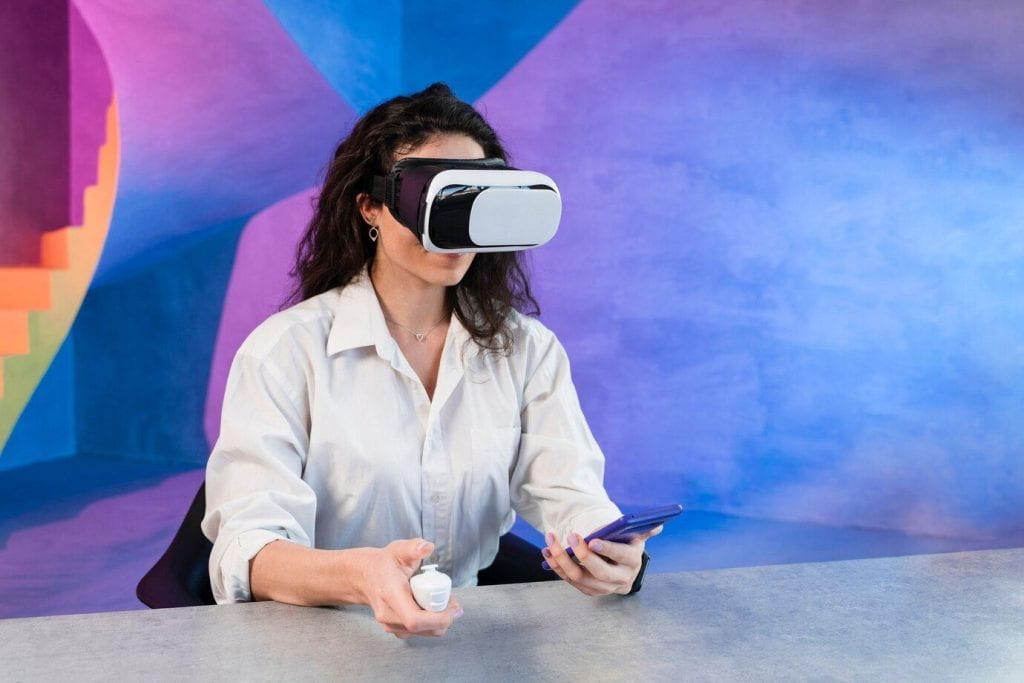VR Marketing and Branding: The Future of Immersive Advertising

In today's fast-paced digital world, brands constantly seek innovative ways to capture consumer attention. Virtual Reality (VR) marketing has emerged as a revolutionary tool, transforming how businesses engage with their audiences. By creating immersive and interactive experiences, VR marketing elevates brand storytelling and strengthens consumer connections.
What is VR Marketing?
VR marketing leverages virtual reality technology to create highly engaging and interactive brand experiences. Unlike traditional advertising methods, which rely on static images and videos, VR allows users to immerse themselves in a simulated environment, providing a more profound and memorable brand interaction.
Benefits of VR Marketing
- Enhanced Customer Engagement
- VR experiences captivate users by allowing them to interact with products or services in a realistic setting. This leads to higher engagement and brand recall.
- Stronger Emotional Connection
- VR marketing enables brands to create emotional connections with customers by offering personalized and immersive experiences that resonate deeply.
- Innovative Brand Storytelling
- Businesses can use VR to craft compelling narratives, providing customers with a unique journey that showcases their brand's vision and values.
- Better Product Demonstration
- VR is especially beneficial for showcasing products in action, allowing consumers to explore features, functionalities, and use cases before making a purchase.
- Competitive Differentiation
- Incorporating VR into marketing strategies sets brands apart from competitors, positioning them as forward-thinking and technologically advanced.
Successful Examples of VR Marketing
- Nike: The sportswear giant uses VR to let customers try on shoes and experience their performance in virtual environments.
- IKEA: The furniture retailer offers a VR showroom where customers can visualize furniture placement in their homes.
- Marriott Hotels: The hotel chain provides virtual travel experiences, allowing users to explore destinations before booking their trips.
The Future of VR Branding
As VR technology continues to evolve, its applications in marketing and branding will expand. With the rise of the metaverse and advancements in VR headsets, brands will create even more realistic and engaging virtual experiences. Companies that adopt VR marketing early will gain a competitive edge and build deeper relationships with their customers.
Conclusion
VR marketing and branding represent the next frontier of advertising. By embracing virtual reality, businesses can offer immersive experiences that captivate audiences, foster emotional connections, and drive brand loyalty. As technology progresses, VR will become an essential tool for marketers looking to create unforgettable brand interactions.
Comments
Post a Comment